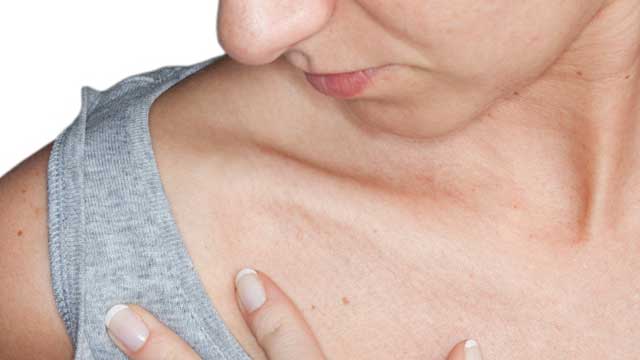You, your partner, and your family will know better than anyone else if something on your skin is new or changing – and these are two important early warning signs of potential skin cancers.
Its good advice to become familiar with your spots and moles, and check your skin regularly. The Skin Cancer College of Australasia promotes a simple, but very effective pneumonic: ‘SCAN Your Skin’.
SCAN means:
- Sore: A spot that is sore - scaly, itching, bleeding or tender – and doesn’t heal within six weeks
- Changing: In appearance – size, shape or colour
- Abnormal: Looks different, feels different, or stands out when compared to others
- New: Most melanomas – and all other skin cancers – arise this way
Their advice is to SCAN your skin monthly.
The more SCAN features a mole or spot exhibits, the more concerning it may be. If this sounds like you, or a family member, it would be advisable to see a doctor for a skin check.
If you do want to see a doctor about your skin, the NZ Cancer Society advises you ask: -
- Who will provide the service?
- Are they a member of a professional Association that specialises in skin cancer medicine and what type, and level, of qualification do they have? The quality of any examination depends upon the skill and expertise of the person in not only doing the check, but also interpreting the resulting images.
- How much will it cost?
- What happens next? For example, will a report and images be sent to your GP so as to ensure your medical records are kept complete?
The Dermoscopy Centre is North Canterbury’s only clinic dedicated to the prevention, diagnosis and treatment of skin cancers. It offers local, cost effective access to advanced knowledge, diagnostic techniques and treatments.
You however are going to be the person most familiar with any changes to your skin. So SCAN thoroughly, and repeat regularly. It’s a simple habit to get into, and one that could save your life, or the life of someone close to you.


